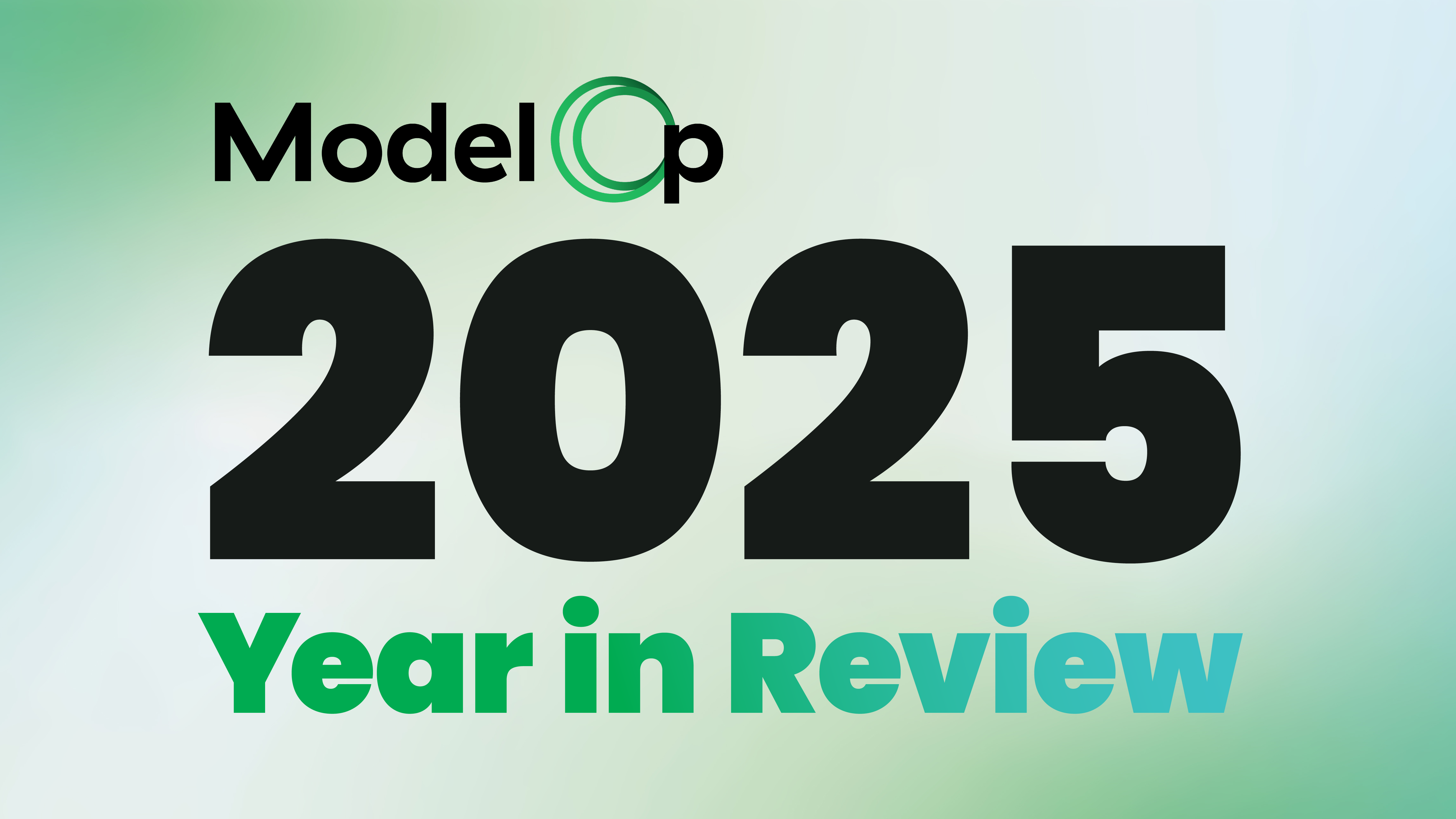
The job market today is changing quickly. New technologies, especially AI, are shaping how people find work and build skills. Many jobs are disappearing and new ones are taking their place.
But most people don’t know the new jobs or how to prepare for them. Traditional career platforms fall short. They often show only what users already know to search. As a result, many feel confused about their next steps and unsure what to do.
Jasmine Sayyari, Founder and CEO of New Generation Network, knows this problem well. She started as a doctor in Iran and worked on the frontlines during the COVID-19 crisis. But that path didn’t feel right for her long-term. After a major career change, she entered the startup world. She built The Pardo Group, an online learning company that grew quickly.
Later, she launched Chanci AI, a platform that helps people check their readiness for the job market and guides them toward new roles. Today, Jasmine leads her company from London and works with companies and governments to support fair hiring, skill-building, and job access.
In this article, we’ll look at what guided her journey. We’ll learn how she handled change, built useful tools, and made a career change that helped others do the same.
Studying Medicine as a Career Change Based on Expectations
In many Middle Eastern families, the career path feels set. For Jasmine Sayari, becoming a doctor wasn’t her dream. It was expected. Her mother was a dentist. Her father was an electrical engineer. With good grades in school, medicine felt like the “right” path.

Studying Medicine Out of Expectation
At 17, Jasmine moved to study medicine at Shiraz University of Medical Sciences. The course lasted seven years. She liked helping people, but the choice wasn’t fully hers. While she learned a lot, her early dream of building a business faded away during that time.
The Turning Point: COVID-19
After graduation, Jasmine worked in public health and treated patients. Then COVID hit. Iran turned hospitals into COVID centers. Fear became part of daily life. Since her education was publicly funded, she had to work for two years in poor areas.
The last six months of that duty overlapped with COVID. She could have quit, but chose to keep working. That experience changed how she saw her future. At the end of it, she knew medicine wasn’t for her.
The Beginning of a New Chapter
Two months later, Jasmine called a friend from Instagram and shared an idea. They would sell online services to teach research and language skills. Her friend joined, even without pay.
In one year:
- They grew from 15 to over 100 instructors
- They served more than 5,000 people
This became her first startup, The Pardo Group. She worked from her room, earned money, and led a global team. Her father didn’t get it, but she knew it worked.
That change wasn’t just about leaving medicine. It helped her return to her real goal—starting something of her own.
How a Career Change Led to Startups Across Countries?
The first step into business came naturally. Years of sharing learning tips online had built a trusted audience. Many of those followers became the first customers. They needed help with research and language learning, and trusted the quality offered.

The first company, Pardo Group, focused on filling that gap. It wasn’t just for doctors. Most users were young people eager to learn, but couldn’t find the right support. The connection felt personal, which helped the platform grow fast.
From One to Many
After leaving Iran, the journey continued through Dubai and then Istanbul. Life in Turkey gave me space to grow and try new things. In just two years, the startup grew organically, adding two new businesses and evolving in hiring, leadership, and sales.
Over time, the team took over the Pardo Group. It still runs today and serves learners worldwide.
Moving Toward Bigger Impact
Big moves didn’t happen by chance. Every decision followed careful thinking and close attention to what was happening worldwide. When it felt like the right moment, the shift to London came next.
Starting fresh in the UK meant starting small again. A master’s degree opened the door. At the same time, learning new tools like prompt writing led to a new idea. People often asked how the switch from medicine to tech was possible. That question sparked a new goal—create a platform to help others do the same.
What Guided These Shifts
Each move came from a few simple values:
- Curiosity
- Growth
- Adaptability
The path wasn’t planned from the start, but step by step, it became clear what mattered most: learning, building, and helping others move forward.
Why the Job Market Needs Startup-Driven Career Change Support
The job market is changing faster than most people realize. In the next few years, AI may replace over 90 million jobs. However, this shift will also create around 170 million new roles. That sounds promising, but there’s a problem: most people don’t know what those new jobs are or how to get them.

What’s Missing from Today’s Job Platforms?
Most career sites rely on keyword searches. They only show you what you already know to look for. But how can someone search for a job that doesn’t exist yet or isn’t on their radar?
That’s where many people feel stuck, especially students and job seekers, unsure about the future. They need better guidance and real tools that help them take action.
How Chanci AI Steps In?
Chancey AI was built to fix that gap. It helps people see where they stand and what they can do next.
Here’s how it works:
- Employability score: Shows how ready you are for the current job market
- Score across 20 industries: So you can see where you fit best
- Direct job matches: Real roles you can apply to right away
- Progress plans: Simple steps to improve your score and skills
The platform pulls job data from both public and paid sources. It also lets companies post roles directly, so the info stays fresh and relevant.
More Than Just Job Listings
Chanci AI does more than show jobs. It helps users grow. It also gives useful insight to companies and governments about where skills are needed next.
In a world where jobs keep changing, people need support to keep up. Tools like this give them a clear path forward.
What Matters When Building AI Startups for Career Change?
Building AI tools for jobs isn’t just about smart tech. It’s about trust, fairness, and helping real people.

Clear Leadership Matters
Strong leadership helps teams move through uncertain times. Good leaders stay calm and listen well. They work with people from different fields, bringing everyone together toward the same goal. These habits save time, money, and confusion.
Build Tools That Put People First
Career tools must do more than match people to jobs. They should protect users and help them grow. That means:
- Keeping user data safe and private
- Helping people learn new skills, not just find roles
- Giving everyone an equal chance, no matter their background
If a platform fails at these, users lose trust.
Bias Is Real, But It Can Be Reduced
Hiring tools can carry bias if not built carefully. One way to fix that is by removing personal info like names or gender when sharing profiles with companies. This helps remove early judgment. Fairness checks from outside experts also help catch problems early.
Most People Just Want Help
While rules and data safety are important, most users ask simple questions. They want to know if the tool can help them get a job. Many feel unsure about the future, and that shows up in what they ask. The pressure to find work often matters more than how the tech works.
Keep the Focus on Real Needs
AI tools must stay focused on real needs, not just features. That means helping people feel ready, confident, and seen. These tools can guide people toward better jobs and futures when built with care.
Conclusion
A career change can feel uncertain, but often leads to new growth. We’ve seen how one decision to leave a set path opened the door to building real solutions for others. Today’s job market moves fast. People need support that goes beyond job listings.
New tools must guide users step by step. They should help people know where they stand, what skills to improve, and what roles to consider. That kind of support builds confidence and helps people take action.
The job search today is not only about finding work. It’s about understanding change and preparing for it. People want tools that protect their data, treat them fairly, and offer real chances, not just filtered results.
That said, real impact comes from building with care. When AI platforms stay people-focused, they can help many move forward. They don’t just predict the future of work, they help shape it for the better.
The key is to keep learning, stay open, and choose what fits your goals. A career change isn’t just about leaving something behind. It’s about finding where you truly want to go next.
FAQs
1. Why should Fortune 500 leaders care about career change trends?
Because shifts in employee goals, AI disruption, and global mobility are redefining talent retention and acquisition.
2. How do career change platforms like Chanci AI help large organizations?
They provide workforce readiness scoring, identify skill gaps, and connect teams to emerging talent across markets.
3. Can internal career change reduce attrition in large companies?
Yes. Enabling talent mobility within an organization can boost retention, cut hiring costs, and build institutional knowledge.
4. What’s the risk of ignoring non-linear career paths in hiring?
You’ll miss high-performing candidates with diverse problem-solving experience and entrepreneurial mindsets.
5. How can AI tools reduce hiring bias at enterprise scale?
By anonymizing candidate profiles, applying standard scoring, and flagging unfair filters before they reach decision-makers.



